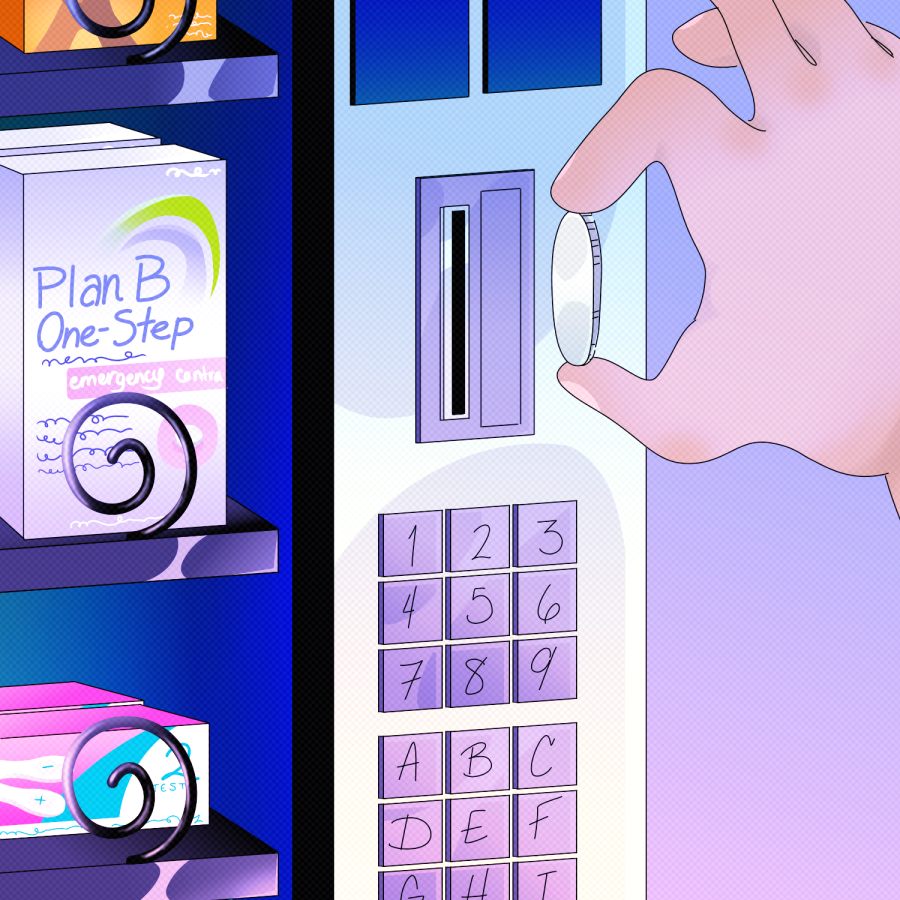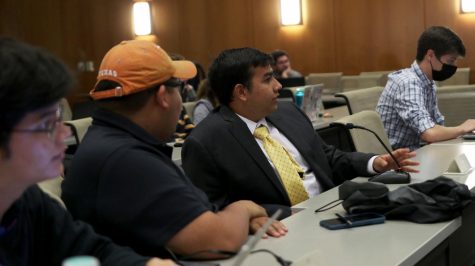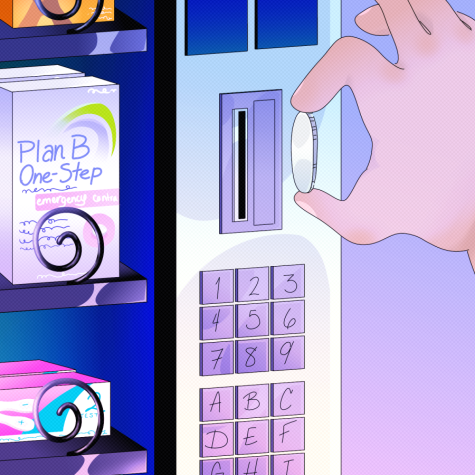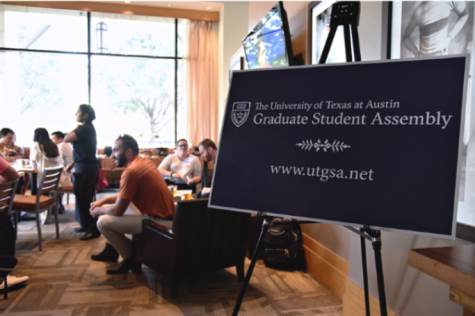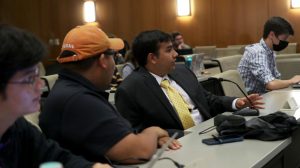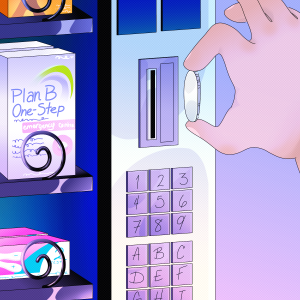Student group works to bring 24-hour contraception vending machines to campus
July 7, 2022
Editor’s note: This article first appeared in the July 6, 2022 flipbook.
Emergency Contraception 4 Every Campus, a cross-university student organization, is working with University officials to implement a 24-hour contraception vending machine on campus after Student Government passed a resolution in support of the initiative.
After the Supreme Court overturned Roe v. Wade, prompting a Texas “trigger law” that will soon go into place criminalizing abortion, organization member Nikita Kakkad said the vending machine initiative is more important than ever, as people would be able to access emergency contraception like Plan B on campus. Kakkad said the issues of accessibility and comfort that made her originally push for the vending machine can only be expected to increase.
“The trigger law is only going to stigmatize those conversations (around abortion) more,” Kakkad said. “That’s going to make the disparity and cost of being able to get (emergency contraception) harder.”
Kakkad said EC4EC hopes to send its project proposal for administrative approval soon. The group hopes to implement the vending machine by the end of the 2022-23 school year, said Kakkad, a biomedical engineering and Plan II junior.
The group currently works with The Bridge Collective, a reproductive health resources group, to offer pick-up and delivery of sexual health kits that include two emergency contraception pills, two pregnancy tests, condoms and guidance materials.
Isha Parikh, a current member of EC4EC and co-director of SG’s Women’s Resource Agency, said by placing the vending machine in a highly trafficked campus building that is open 24/7 to students, students’ access to emergency contraception at a subsidized price will improve.
EC4EC is still working to obtain a reliable funding source for the project so that it can continue beyond the current SG administration, said SG vice president Isabel Agbassi. The group hopes the vending machine’s emergency contraception will cost $10, Parikh said. Plan B currently costs $49.99 at CVS and Walgreens.
“The end goal is for (the vending machine) to be institutionalized,” public health junior Agbassi said. “Because if it becomes institutionalized, it will just be something that’s funded like every other vending machine on campus.”
Parikh said she believes the University’s support of student health should include reproductive health, and implementing the vending machine would show that support.
“Having a choice in your reproductive future affects your academic well-being, emotional well-being (and) social well-being,” Kakkad said. “(These) are all things that the University cares about for its students.”

